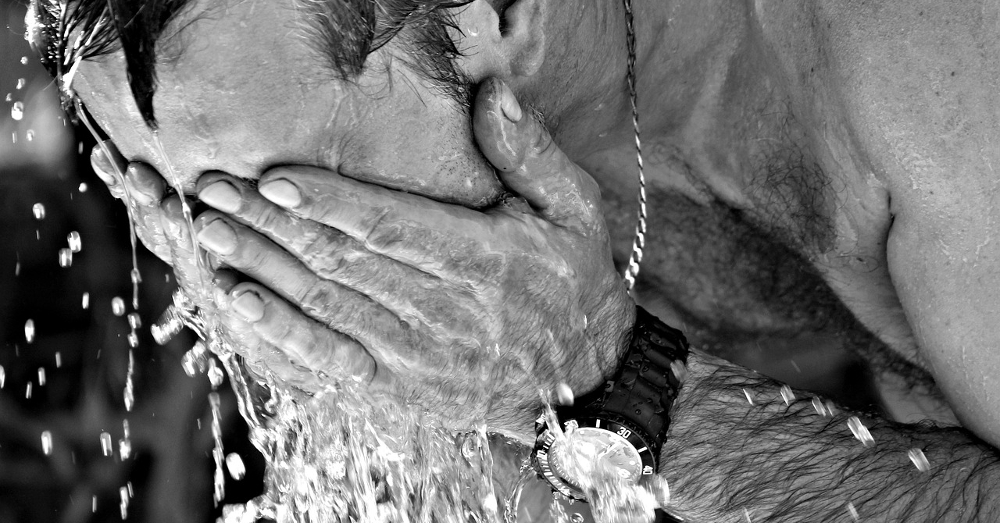
Water Supports Health in Ways You May Never Have Suspected
Water is important for biological function and optimal health — and there's a lot more to this than you might expect.
Did you know there are different KINDS of water? And that a certain type of water is more beneficial, indeed critical, than regular H2O?
January 28, 2017 | Source: Mercola.com | by Dr. Joseph Mercola
The TEDx Talk below, featuring Gerald Pollack, Ph.D., and the two videos that follow, all address the importance of water for biological function and optimal health — and there's a lot more to this than you might expect.
https://www.youtube.com/watch?v=p9UC0chfXcg
You're probably well aware of the fact that your body is composed mostly of water, which is needed for a number of physiological processes and biochemical reactions, including but not limited to blood circulation, metabolism, regulation of body temperature, waste removal and detoxification.
Once your body has lost 1 to 2 percent of its total water content, it will signal its needs by making you feel thirsty. Using thirst as a guide to how much water you need to drink is one obvious way to ensure your individual needs are met, day-by-day.
But did you know there are different KINDS of water? And that a certain type of water is more beneficial, indeed critical, than regular H2O?
Water, Cells and Life
In "Water, Cells and Life," Pollack — author of the groundbreaking book, "The Fourth Phase of Water: Beyond Solid, Liquid, and Vapor" — explains the role of water in the functioning of cells, and the importance of living, structured water, which he refers to as EZ water — EZ standing for "exclusion zone" — which has a negative charge.
This water can both hold and deliver energy, much like a battery. This is the kind of water your cells contain; even your extracellular tissues are filled with EZ water, which is why he believes it's so important to drink structured water for optimal health.
Typical tap water is H2O, but this fourth phase is actually H3O2. It's more viscous, more ordered and more alkaline than regular water, and the refractive index (optical property) of EZ water is about 10 percent higher than ordinary water.
Its density is also about 10 percent higher and, as mentioned, it has a negative charge (negative electrical potential). This may provide the answer as to why human cells are negatively charged.
Cells Act as Light-Driven Batteries
Like plants, the human body not only needs water; it also needs sunlight. The near-infrared rays in sunlight actually penetrate your skin and structure the water in your cells. In this way, sun exposure plays an important role in your body's energy production. As noted by Pollack, cells actually act as "light-driven batteries."
As light hits the water in the cell, it undergoes the first step of photosynthesis — water is split into positively and negatively charged water. The same step occurs in plants.
It's fascinating to consider the implications of "human photosynthesis." Have you ever tried growing a plant in a dark corner inside your home? It's a challenge, to say the least, and quite possibly your body could experience a similar struggle to thrive in the absence of sunlight.
Inside nearly all of your cells are mitochondria, which are essential for energy production within the cell.
As Pollack explains, your cellular membranes are hydrophilic (water-loving) surfaces, and EZ water builds next to hydrophilic surfaces, be it a plastic tube or a cell membrane. As negatively charged particles repel each other, energy is created.
